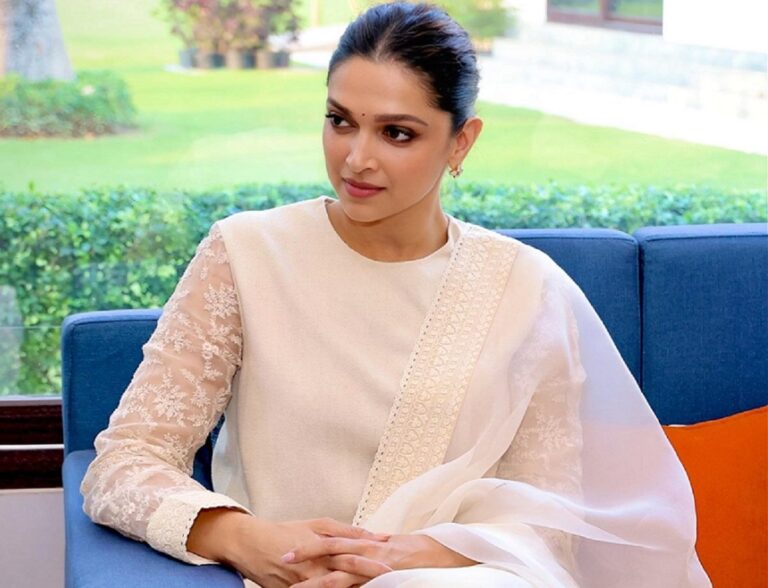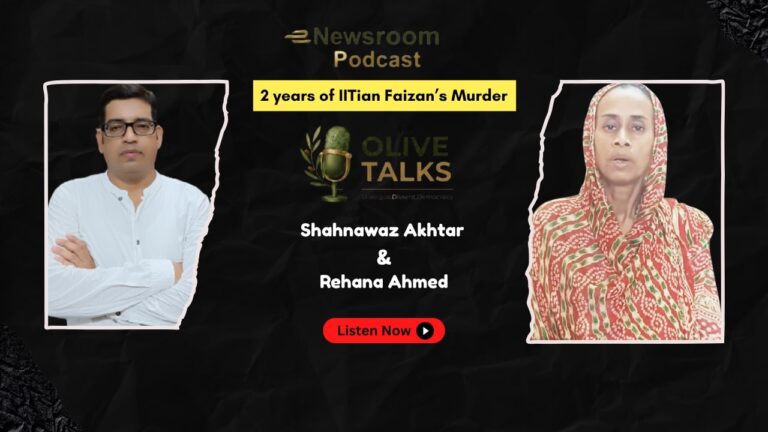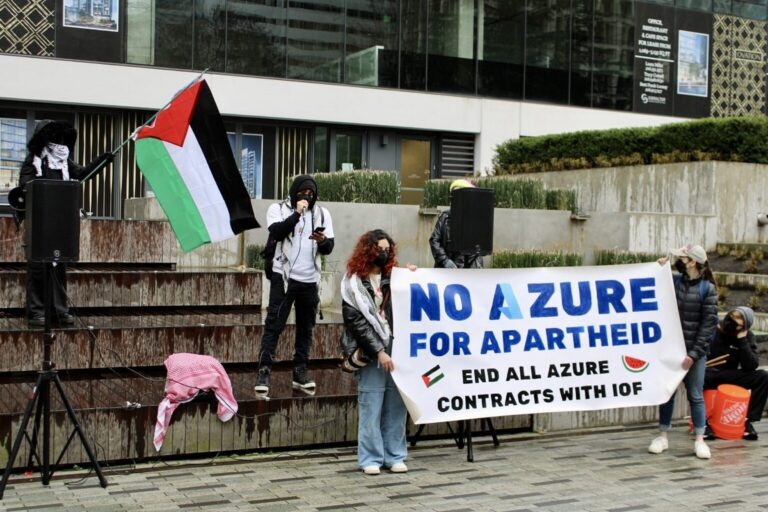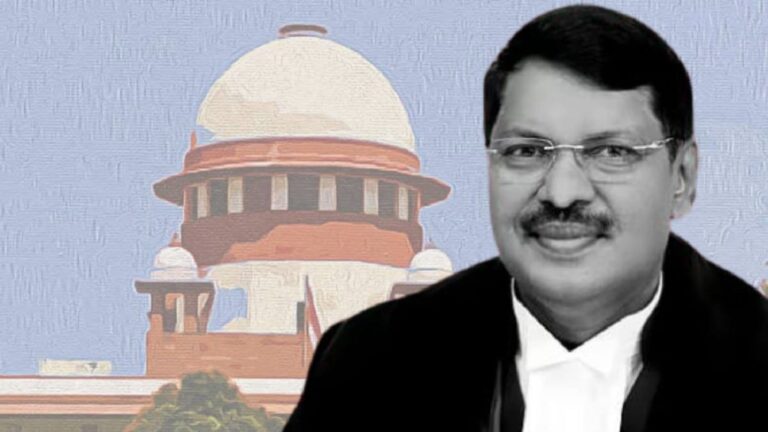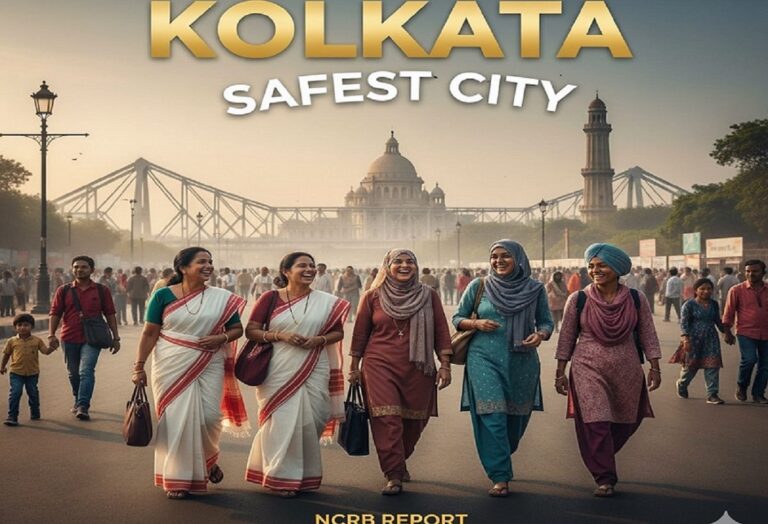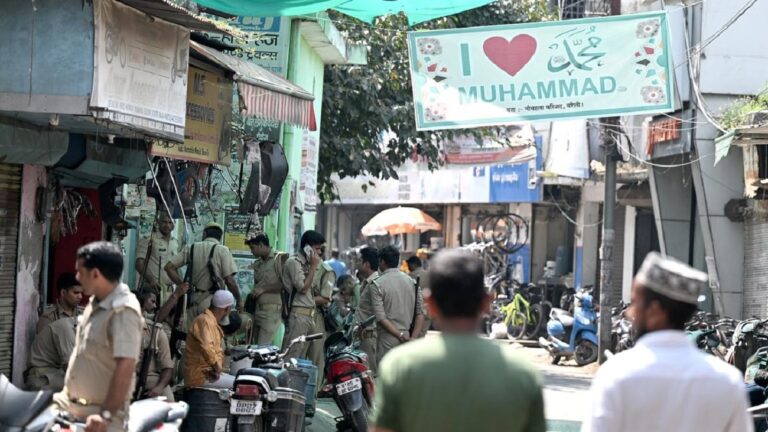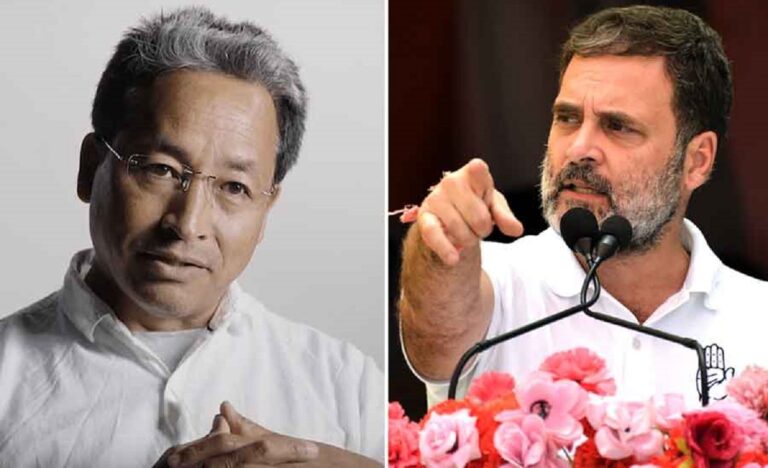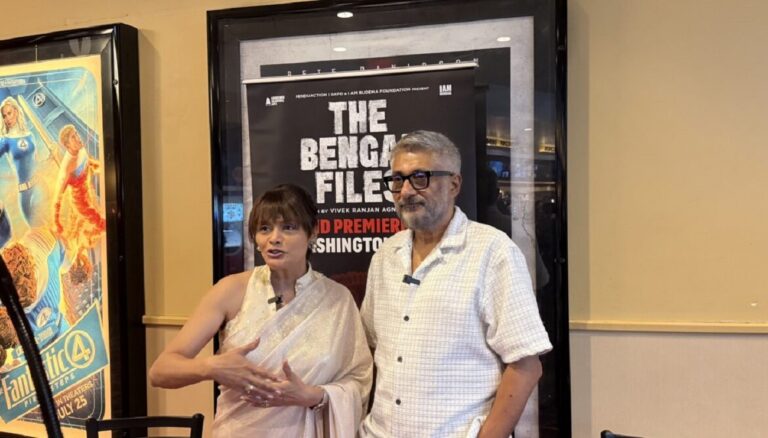[dropcap]T[/dropcap]he most recent revelations about Microsoft’s deep ties with Israel’s war machine have once again laid bare the central role of US Big Tech in enabling the genocide in Gaza. A joint investigation by The Guardian, +972 Magazine and Hebrew-language outlet Local Call exposed how Israel’s Unit 8200 intelligence corps has been storing and processing audio recordings of every single Palestinian phone call on Microsoft’s Azure cloud platform. According to the report, this partnership has given the Israeli military unprecedented surveillance capabilities, transforming the private communications of millions of Palestinians into raw material for occupation and war. Israel realised that its own servers did not have the computing power or the storage space required and then turned to Microsoft.
This is not the first time Microsoft’s complicity with Israel’s military has come to light. A +972 Magazine investigation in January 2025 revealed deep institutional ties between Microsoft and the Israeli army, including collaboration between Azure and OpenAI in projects that directly support military operations. Microsoft, like its Big Tech peers, has fully integrated itself into Israel’s apparatus of occupation, repression, and mass killing. Among the Israeli army units revealed to be relying on Azure are the Air Force’s Ofek Unit, which manages large databases of potential targets of sites and individuals for lethal airstrikes; the Matspen Unit, which designs operational and combat support systems; the Sapir Unit, responsible for the ICT backbone of Military Intelligence; and even the Military Advocate General’s Corps, which oversees both the prosecution of Palestinians and the rare disciplinary cases against soldiers in the occupied territories.
But Microsoft is not alone in integrating itself into Israel’s Gaza genocide. Google, Amazon, and Palantir are all cashing in on the genocide, embedding themselves in Israel’s war machine while projecting an image of innovation and progress to the world. Together, they form the digital backbone of the U.S. military-industrial complex and its imperialist project, of which Israel’s 21-month onslaught on Gaza is a central front.
Microsoft: Cloud Partner of Surveillance and Occupation
The Azure revelations are particularly chilling. For decades, Israel’s Unit 8200 has intercepted Palestinian communications as part of its occupation strategy. What is new is the massive industrial scale of this surveillance operation. By outsourcing data storage and processing to Microsoft, Israel has been able to build a cloud-based dragnet—an archive of Palestinian life—and weaponise it against the people of Gaza.
The integration of Azure with Unit 8200 shows how Microsoft is not a neutral service provider but a direct partner in the occupation and its genocide in Gaza. Far from merely renting out servers, it co-develops technologies with Israeli institutions, invests in local surveillance startups, and runs research labs in the country. The company has become indispensable to the machinery of Israel’s colonial control.
Google and Amazon: Project Nimbus
Google and Amazon, not to be left behind, have signed Project Nimbus, a $1.2 billion contract with the Israeli state and military. Nimbus provides advanced cloud infrastructure and AI tools, including facial recognition, sentiment analysis, and predictive policing. These are not abstract capabilities—they are the very technologies used to surveil Palestinians, generate databases of “suspects in East Jerusalem,” and enable the algorithmic production of kill lists in Gaza.
Far from being an internal Israeli project, Nimbus is powered by U.S. corporate expertise and capital. Employees inside both of these companies have blown the whistle, warning that their work is fueling apartheid and genocide. Walkouts, petitions, and internal dissent have been met with firings and intimidation. Yet Google and Amazon continue to boast of their commitment to Israel. Profits and imperial loyalties outweigh any moral considerations.
Palantir: The Data Arms Dealer
If Microsoft, Google, and Amazon supply the infrastructure, Palantir provides the analytical engine. Born from CIA seed funding, Palantir has made its name turning vast surveillance data into actionable military intelligence. Its platforms fuse phone records, drone feeds, and social media activity into a seamless targeting system.
The company has aggressively pitched its services to the Israeli military, boasting of its role in helping Western allies “win wars.” In Gaza, such systems accelerate the kill chain—turning raw surveillance into bomb coordinates with frightening efficiency. Palantir thrives on war; each new atrocity becomes a marketing opportunity for its tools.
AI Kill Lists and the Automation of Genocide
At the heart of Israel’s onslaught is the industrialisation of death through artificial intelligence. Investigations by +972 Magazine revealed how the Israeli army’s AI system, “Lavender,” generates automated kill lists by flagging tens of thousands of Palestinians as suspected militants. Human oversight is minimal; the machine’s decisions are translated into bombings with catastrophic civilian tolls.
We have detailed in a previous People’s Democracy article how such kill lists underpin Israel’s campaign of extermination. But the Tech for Genocide continues to evolve. Newer AI tools, modelled on generative platforms like ChatGPT, are being developed by Israeli intelligence to accelerate surveillance, incrimination, and arrest. These are not isolated experiments limited to the Genocide in Gaza – they are the future of automated warfare and genocide, co-developed with and powered by U.S. Big Tech. It reminds us of how chemical giants in Nazi Germany, such as I.G Farben developed and produced the poison gases used to kill Jews, communists and other “undesirables” in various concentration camps. After the war, IG Farben was broken up into its successor companies, including BASF and Bayer.
Israel as Laboratory for Empire
What ties these threads together is Israel’s role as a laboratory for U.S. imperialism. Every tool of occupation tested on Palestinians becomes a global export. Predictive policing or surveillance software pioneered in the West Bank is sold to American police departments. Biometric checkpoints trialled in East Jerusalem appear on the U.S.-Mexico border. AI surveillance tested in Gaza is marketed to authoritarian regimes worldwide.
For Big Tech, Israel is both a lucrative client and a proving ground. By embedding themselves in Israel’s military machine, Microsoft, Google, Amazon, and Palantir co-develop technologies of repression that can be scaled up and sold across the globe. Gaza’s destruction becomes not only a geopolitical project but also a business model for surveillance, war and genocide.
The UN Rapporteur’s Warning
The United Nations Special Rapporteur on Palestine, Francesca Albanese, has already sounded the alarm. In her report to the Human Rights Council, she documented the deep involvement of U.S. Big Tech in Israel’s 21-month assault on Gaza, stressing how these corporations enable war crimes by providing critical infrastructure and services.
Her findings underline a simple truth: Big Tech is not a bystander. It is a willing participant in the Gaza genocide and part of imperialist warfare.
Big Tech and the U.S. Military-Industrial Complex
None of this should come as a surprise. The world’s largest technology firms are also the Pentagon’s and NSA’s most valued contractors. Amazon Web Services hosts the CIA’s data; Microsoft Azure powers U.S. defence networks; Google collaborates on AI projects for the military; Palantir was born as a tool for intelligence agencies.
The fusion of Big Tech and the military-industrial-surveillance complex is complete. Israel is one frontline of this project, but it is global in scope. From Gaza to Ukraine, from Baghdad to San Diego, the same corporations profit from surveillance, targeting, and repression.
Resistance and the Road Ahead
There is resistance. Workers at Google and Amazon continue to speak out. Students on campuses across the world are demanding that universities sever ties with war profiteers. Human rights groups are documenting and exposing corporate complicity. In Palestine itself, the resilience of the people against overwhelming odds testifies to the spirit that no algorithm can erase.
But resistance must expand. Just as movements once targeted arms manufacturers that armed apartheid South Africa, so too must we now confront the digital arms dealers of today. Microsoft, Google, Amazon, and Palantir are not mere tech corporations: they are weapons manufacturers of the digital age, producing the infrastructure of genocide.


